Highlighting SOC Duty Manager Bob Woods and the military values that continue to have an effect on his leadership and civilian career
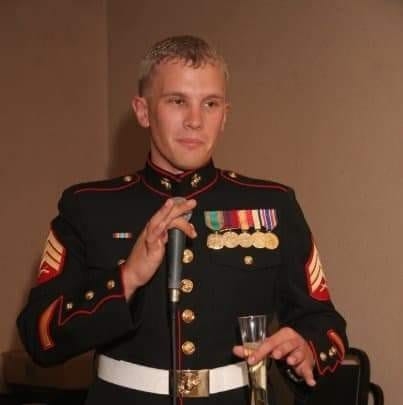

Some lessons stick with you for a lifetime. For SOC Duty Manager Robert Woods, those lessons came in the form of core values from his 15 years in the military. The values of accountability, adaptability to overcome, and troop welfare have continued to be at the front of his mind, even as his surroundings have changed from a high-pressure military environment to the high-speed Systems Operations Center of Air Wisconsin. Having accountability not only to yourself but to those around you, creative thinking to adapt and overcome to complete the mission while removing all obstacles, and ensuring troop welfare by taking care of your team and blocking out distractions that detract from the overall objective. Staff Sergeant Robert Woods continues to use and instill these core values through his transition into a civilian career as a Duty Manager in our Systems Operations Center.
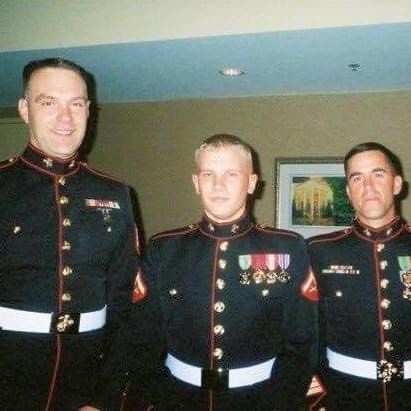
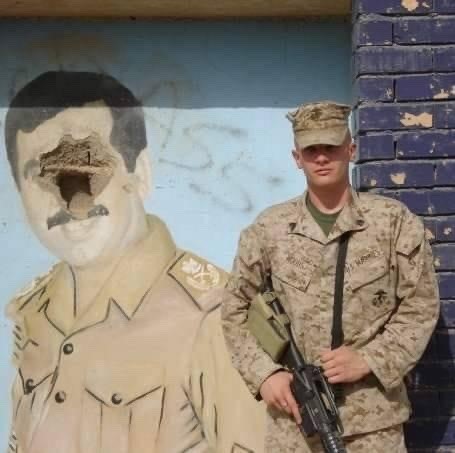
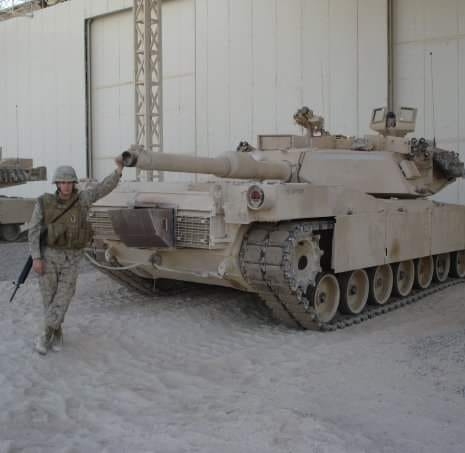
Robert Woods, who goes by Bob, is a SOC Duty Manager, playing an important role in leading his team to ensure the day-to-day operations and develop strategies for irregular operations recovery of the airline. His time spent serving our country in the United States Marine Corps shaped the values that make him the effective team leader he is today.
Staff Sergeant Woods served in the U.S. Marine Corps for 15 years, from 2002-2017, as a part of the Marine Air Traffic Control Mobile Team, otherwise known as MMT. This team was trained to be operated for 72 hours in an environment by themselves and established an expeditionary airfield in remote locations to aid in combat operations, humanitarian aid, and medical evacuations. All without the support of Air Traffic Control, Navaid Technicians, and Communication Technicians.
The transition from his military life to a civilian career was not easy, noted Bob, “The Marines instill values that are often thrown aside in the civilian world. “Esprit De Corps,” or comradery, is a major part of the military; you become more like family than friends, often eating/sleeping/crying together. The civilian world does not have this sense of camaraderie or belonging. Leaving the Corps, I searched for this. It wasn’t until coming to Air Wisconsin that I felt this again.” For those who may have trouble figuring out their next steps, Bob’s advice is not to settle. “Use the values you were taught in the military to push yourself and those around you. Treat every task as a mission and set your mind to accomplish it. For those who served in the Marines transitioning into the aviation field, I recommend instilling the same attention to detail that you have learned in your new role.”
It is often said that great leaders develop people, and in Bob’s case, that was true. Since the beginning of his career with the Marines, Bob found guidance from GySgt Clapp, who embodied the leadership characteristics he now holds. GySgt Clapp took him under his wing and mentored him throughout his military time and Bob has carried that experience into the leader he strives to be today. Having a mentor is only part of the equation of a great leader; the other part is having the motivation to succeed. Bob said, “Family has always been an inspiration for me and I want to be a role model for my children and a provider for my wife and family.” His current manager, Senior Director of Systems Operations Larry Snyder, understands more than most would as he holds a military background much like Bob and previously served with the U.S. Air Force Security Forces.
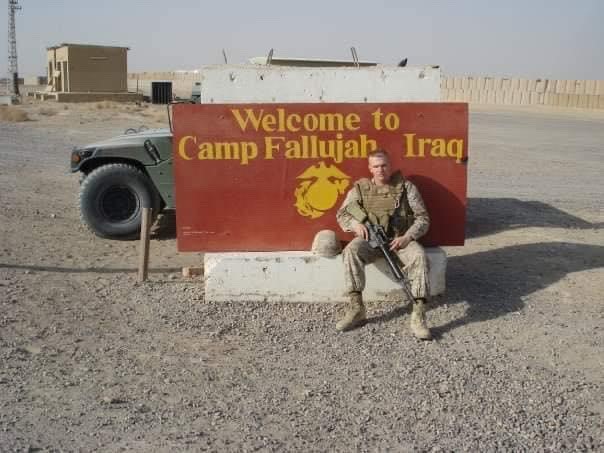
For Bob, one of his favorite things about being a Marine was the work hard, play hard mentality. “We would go to work and after a long day, we all would play softball or have a potluck at someone’s house.” What he really enjoys about Air Wisconsin is that same mentality. We work together during the day and then enjoy watching a Timber Rattlers baseball game together at night.
As for final advice, Bob noted, “It is all about troop welfare. Take care of your team, and they will take care of you. I can look back on my time in the military and recall multiple instances of my leaders taking care of me and how that impacted not only the other areas of my life but also how I viewed going to work each day. I also have plenty of examples of the opposite happening. Each day that I walk in here, I have the choice of how my leadership role is going to affect others.”
Thank you, Bob, for your advice, for your service, and to everyone who has or is currently serving our great country.